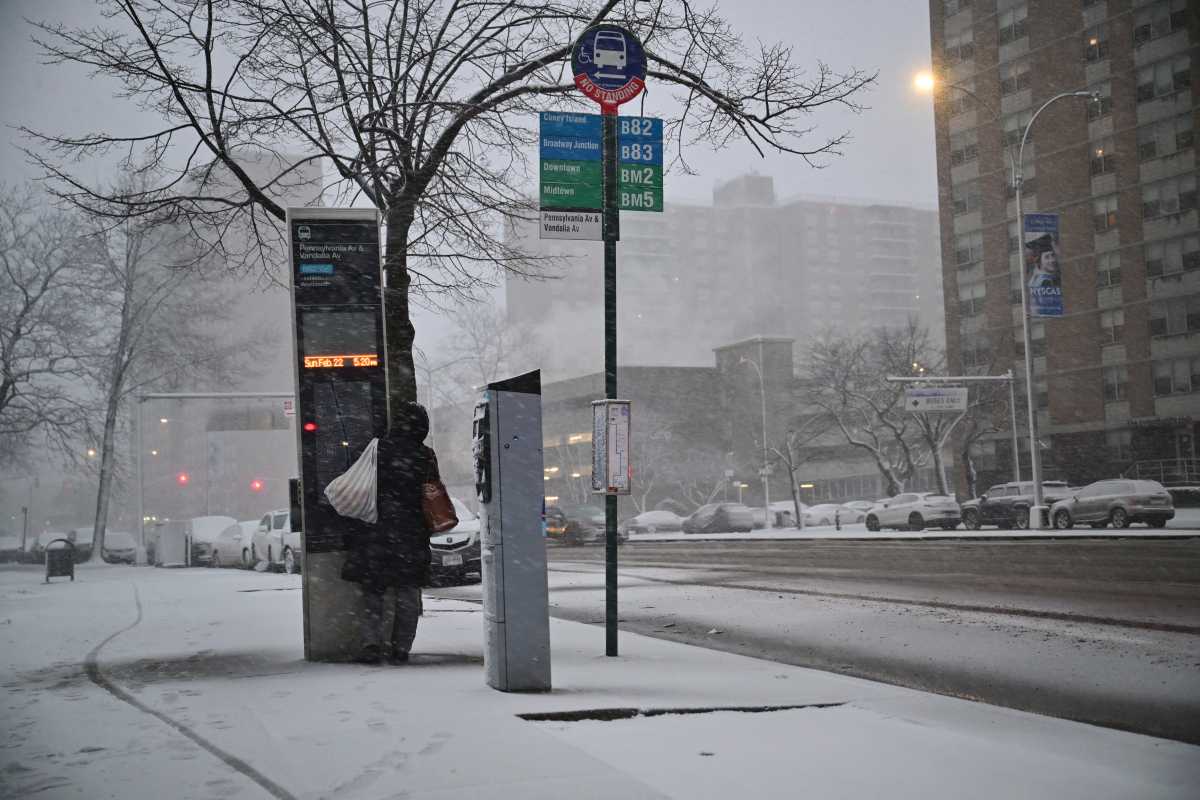The devastation of the earthquake that hit Haiti last week is having an emotional impact on not only those in the country, but those who are outside of it, including in New York City.
Dr. Randy Martin, the Director of Crisis and Behavioral Health Technology for the Mental Health Association of New York City, said that Haitians in New York are experiencing emotions similar to those in Haiti, such as feeling helpless. Martin said that the lack of contact or ability to have stable contacts with loved ones in Haiti could also cause feelings of anxiety and uncertainty.
In the short-run, Martin said that people may be irritable, have a “short fuse,” and might be obsessively thinking about what happened. Some individuals might also have a hard time concentrating and working.
There could also be behavioral changes, including increased alcohol and drug use and either not eating enough or eating too much, Martin said.
“Survivor guilt is certainly going to be common for people who have made it off the island and into other countries . . . who have family on the island,” Martin said.
Martin said that there will also be individuals not directly impacted by the disaster in Haiti who will still be affected by it. For instance, he said that those who have experienced trauma before, such as 9/11 or Hurricane Katrina, may be predisposed to feeling vulnerable. Martin said that these people may feel upset without really knowing why and that it could bring up memories from their past.
In addition, Post-Traumatic Stress Disorder could be triggered in veterans, especially those who have recently returned from overseas, Martin said.
When it comes to coping, Martin said that it is important for people to know that having intense feelings and reactions does not make them crazy, and that these will most likely decrease over time.
“They’re normal reactions to an abnormal situation,” Martin said.
Martin said that if a person does not seek support, it can lead to a sense of isolation and that feeling hopeless and serious depression can settle in.
Martin also said that it is important for people to seek social support to help deal with things, and that they don’t necessarily have to go to a hospital or see a therapist. He said such support could be found with family, friends, clergy, church groups, coworkers, and Internet groups.
Being proactive can also help, according to Martin. This could mean volunteering time to relief efforts, making monetary contributions or providing support to others.
Other recommendations that Martin gave were keeping routines as much as possible, avoiding over exposure to coverage, exercising or doing something to relax.
“It’s okay to distract yourself when appropriate,” Martin said.
If a person does need someone to talk to, help is available 24-hours-a-day by calling LifeNet at 1-800-LifeNet, which is a hotline staffed by mental health professionals. Martin said translators are available and that it is a completely confidential service.
Another resources that Martin noted were the National Suicide Prevention Lifeline (1-800-273-TALK), 3-1-1 and contacting the person’s current medical doctor if need be.






























